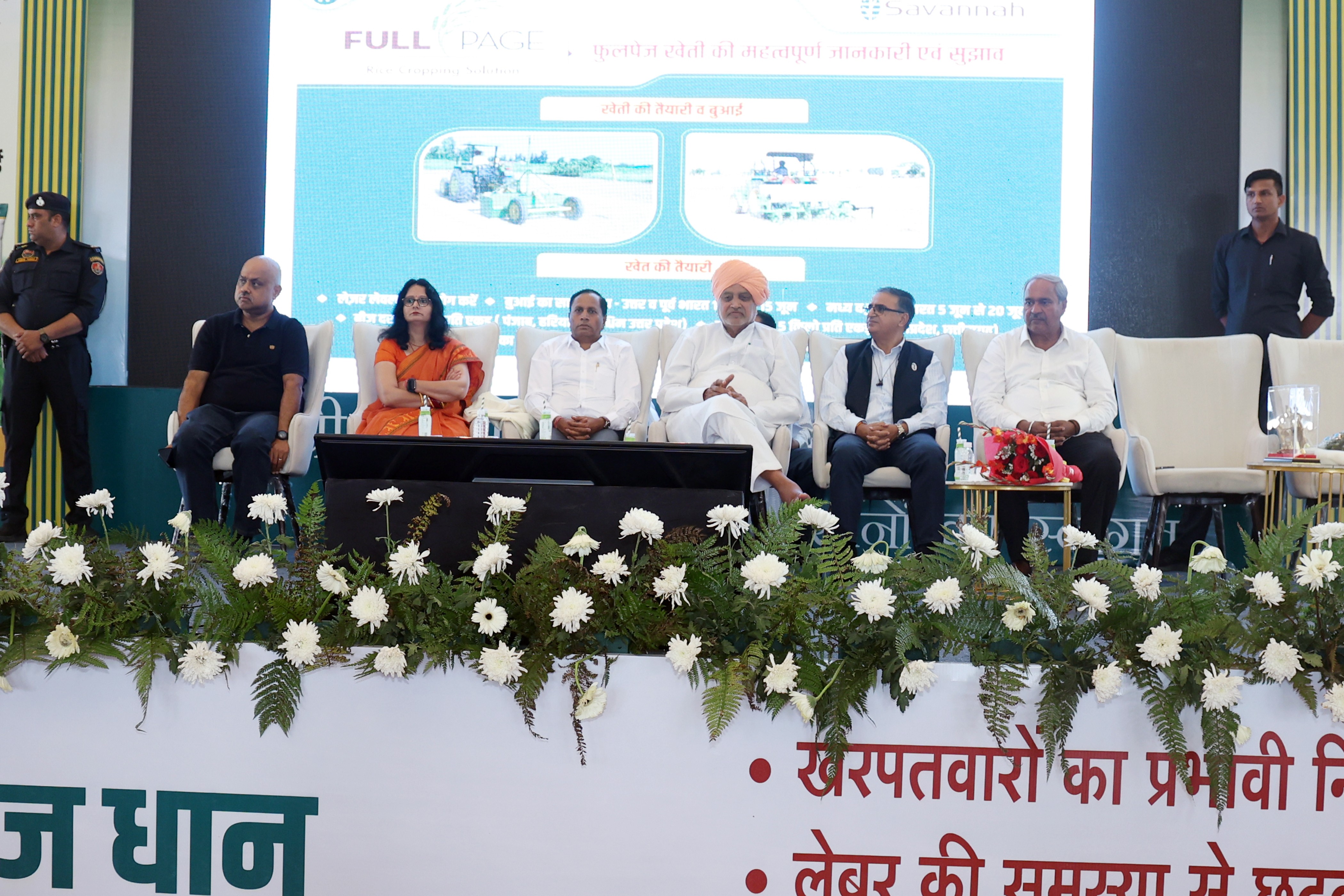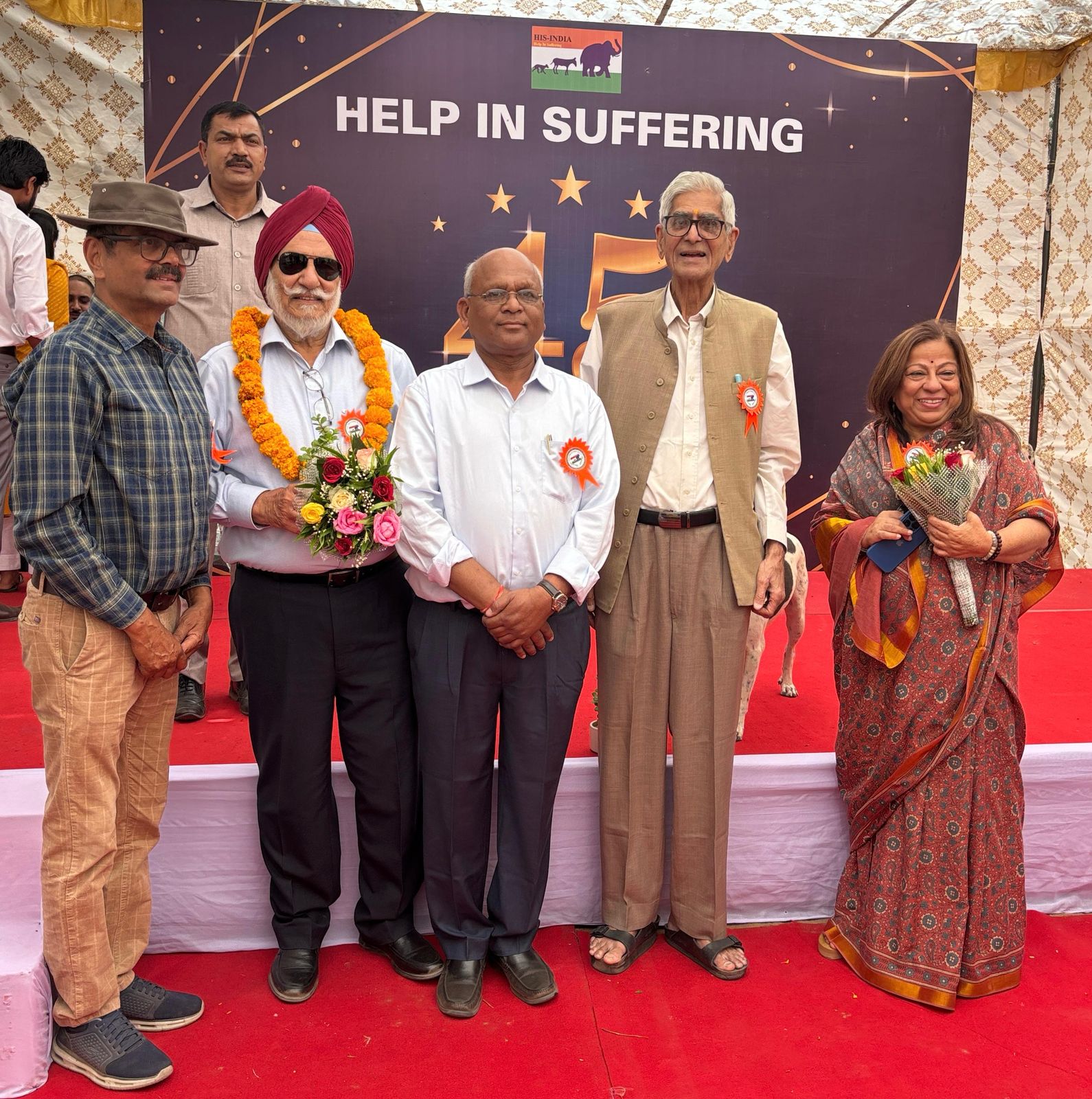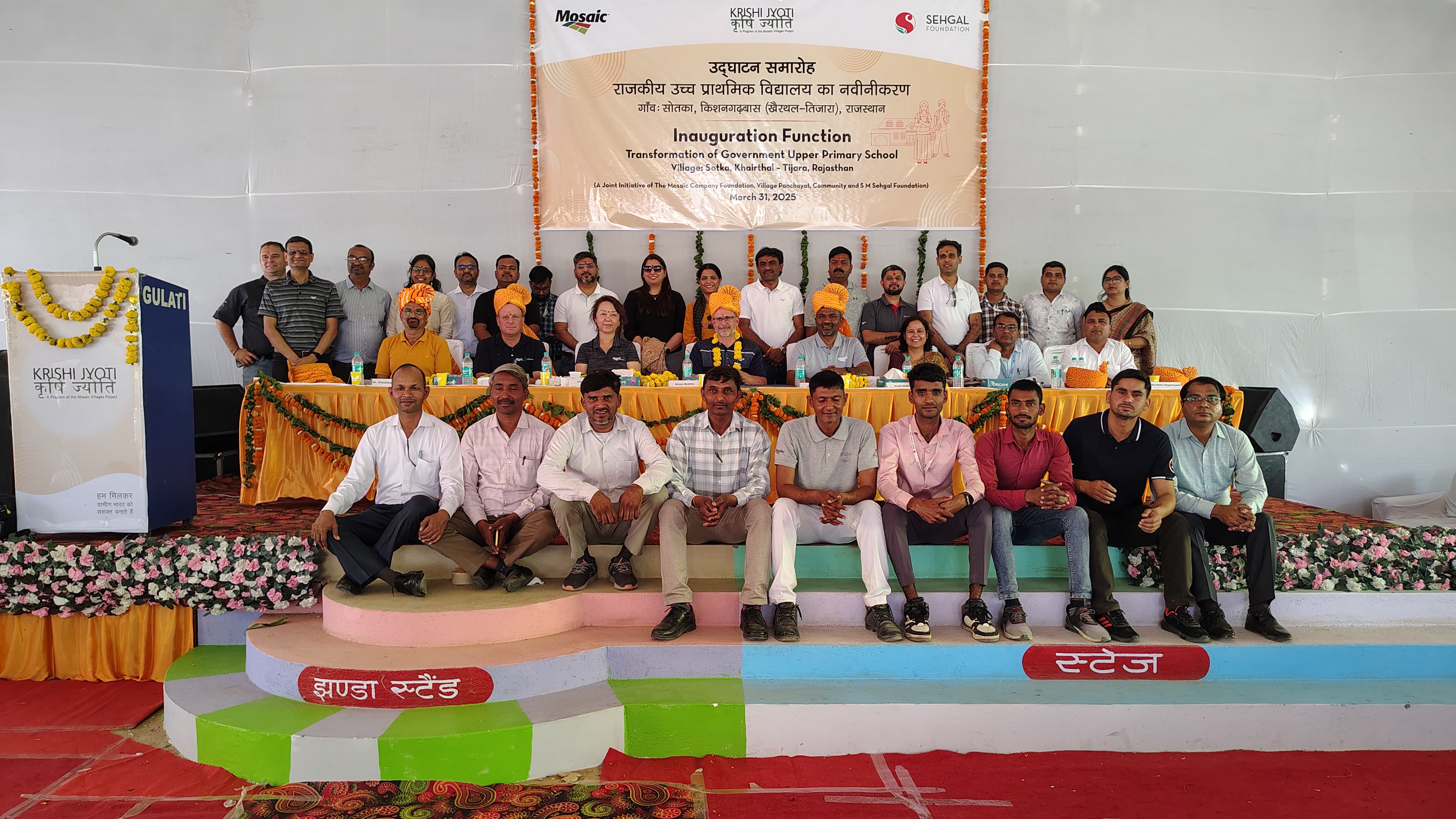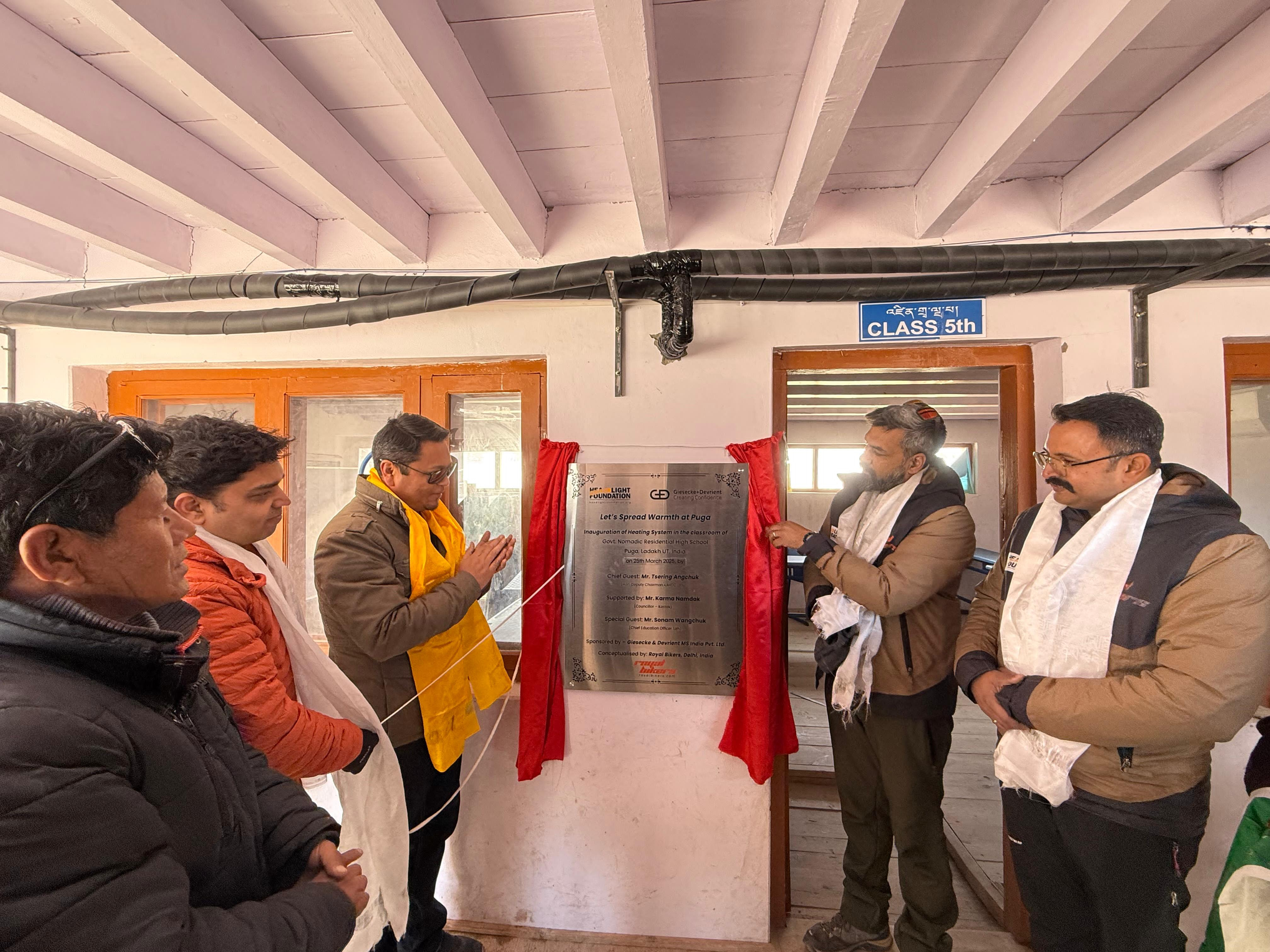Subscribe our Weekly Newsletter
Applications Invited for ‘Climate Resilient Agriculture’ for Fostering High Performance Biomanufacturing under BioE3 Policy

Organization: Department of BioTechnology and BIRAC
Apply By: 30 Apr 2025
About the Organization
Biotechnology Industry Research Assistance Council (BIRAC) is a not-for-profit Section 8, Schedule B, Public Sector Enterprise, set up by Department of Biotechnology (DBT), Government of India as an Interface Agency to strengthen and empower the emerging Biotech enterprise to undertake strategic research and innovation, addressing nationally relevant product development needs.
About the Grant
DBT and BIRAC invite proposals on ‘High Performance Biomanufacturing for Climate Resilient Agriculture’ to develop technologies and biobased solutions for climate resilient circular Agri-economy. The proposals will be invited under the two categories:
- Discovery & Application-oriented Integrated Network Research
- Bridging the Gaps for Industrial scale up
Discovery & Application-oriented Integrated Network Research
Under this category, the proposals are invited to develop proof-of-concept and/or translation of leads to demonstrate biotechnological and bioprocess solutions for ‘Climate Resilient Agriculture’ in controlled settings (laboratory, green house conditions, growth chambers). The established PoC should have the potential for scale up and field deployment with a sustainable advantage over the existing technologies. The proposals may be focused on the following, including but not limited to:
- Establish PoC for engineering of rhizosphere/endosphere/phyllosphere of crop plants for better growth, enhanced input use/acquisition efficiency, biotic/ abiotic stress resilience and carbon sequestration.
- Breeding climate resilient crops for revamping the plant architecture, improving input use/acquisition efficiency by employing genomic selection and/or SDN1/SDN2 based genome editing.
- Accelerated domestication of wild-relatives/land races of crops for enhanced climate resilience.
- Development of genomics-led bioprotection & biostimulant molecules and working out the mechanism of action of the active ingredients.
- Novel formulations/delivery systems for Agri-biologicals.
- Al & ML based peptide/protein prediction platforms and validation of their potential to serve as novel Agribiologicals
- Synthetic biology approaches for making pheromones and other plant protection chemicals.
Bridging the Gap for Scale up Under this category, the focus would be on scale up of technologies with established PoC that have reached the early validation stage and are ready for late stage validation/scale-up for field deployment.
- Up-scaling of Bio-based Generics with proven market cap including biocontrol Agents (Abamectin, Emamectin, Milbemectin, Spinosad etc.); Plant Hormones (Auxins, GAs, Cytokinins, ABA, Brassinosteroids, JA, Strigolactones etc); Pheromones etc.
- Validating and advancing existing proof of concept for molecules/strains/technologies available in laboratory set ups for scalable production & delivery of :
- Biocontrol agents (based on secondary metabolites, proteins, peptides, dsRNA/microRNA, insect and plant extracts etc.)
- Biofertilizers leading to measurable enhancement in plant yield (consortia-based formulations with field level testing including but not limited to free living microbes with ability to colonise roots and fix N2; phosphate solubilising bacteria and microbes for improving soil structure)
- Biostimulants (based on proteins & peptides, secondary metabolites and biological extracts with proven benefit for plant growth and productivity under diverse environmental conditions)
- Scaling up indigenous technologies for delivery of Agri-biologicals
- Precision agriculture including in-field, drone-based imaging and sensorbased technologies to monitor (real-time) plant stress (both biotic and abiotic) and growth parameters for optimal input application.
- Harnessing big data and deployment of machine learning tools for disease prediction/diagnosis for effective disease management in crop plants
- Developing indigenous vectors and novel tools for precise genome editing
- Demonstrating absence of exogenous integrated DNA in advanced-stage genome edited lines with existing PoC for climate resilience (in line with Standard Operating Procedures (SOPs) for regulatory review of genome edited plants under SDN-1 and SDN-2 categories 2022).
Key Requirements for the Proposed Projects:
The proposed study should mandatorily indicate the following aspects in the proposal:
- Name of the background strain/variety, procurement source, IP associated with the strain or tools used, if the strains are genetically modified
- Present TRL level of the technology and the TRL proposed to be attained at the end of project duration.
- Outline the minimal benchmark (titer/productivity/scale) proposed to be attained for the selected bio-based Agri-input/product.
- Gap in the technology to be addressed and strategies proposed to address the gap
- Framework for toxicity studies, quantification of residue in produce, sustainability of the process from an economic and environment point of view
- Scalability of the technology and its commercialization potential
- All proposals must adhere to statutory regulatory requirements.
Eligibility
Academic Organisations
- Proposals may be submitted by interested applicants engaged in research activities at various Institutions/Universities/Societies/Trusts/NGOs/ Foundations/Voluntary Organizations, recognized as a Scientific and Industrial Research Organization (SIRO).
- The Principal investigator must have at least four years of the employment remaining in the institution at the time of proposal submission.
Industry
- Eligibility criteria for the Industries will be as per “Implementation Plan for the Biomanufacturing and Biofoundry Initiative” attached at ANNEXURE I.
- Pre-requisite documents required to be submitted by the Industry as per the BIRAC norms are as follows:
Companies/Startups
- Incorporation certificate.
- CA/CS certified shareholding pattern as per BIRAC format (Companies having a minimum of 51% Indian shareholding / individuals holding Indian passports are only eligible) mentioning UDIN number.
- Details regarding in-house R&D facility, if any; or Incubation Agreement with recognized Incubator.
- Audited financial details of latest last three financial years,
- Copy of passports of the shareholders if required (in support of 51% eligibility criteria).
Limited Liability Partnership
- Incorporation/Registration Certificate.
- Partnership deed; CA/CS certified certificate which states that minimum half of the partners are Indian citizens mentioning UDIN number.
- Copy of passports of Indian partners/subscribers
- Research mandate/ details regarding in-house R&D facility, if any/Incubation agreement
- Audited financial details of the last three financial years; Companies/LLP if recommended have to provide a declaration stating that Company/LLP is not in default of BIRAC OR any other organization. Further there are no Legal Proceedings going against the applicant.
How to Apply
Proposals maybe submitted by both Academia and Industry applicants, either independently or as a collaborative project.
- For proposals from Academia/Research Institutions: Interested applicants should submit the proposals in the prescribed format duly forwarded by the executive head of the institution through the Department’s e-ProMIS portal (www.dbtepromis.nic.in).
- For proposals from Industry and Industry-Academia collaboration: Interested applicants should submit the proposals in the requisite format duly forwarded by the executive head of the Company/LLP/Institution by logging to the BIRAC website (www.birac.nic.in).
Last date for submission of proposals is 30th April, 2025.
For more information please check the Link
Stay in the loop with the newest RFPs and Grants through NGOBOX's WhatsApp Channel. Join now by clicking here!
Latest Online Store
Latest Tenders And EOIs
Latest News
© Renalysis Consultants Pvt Ltd












.png)











